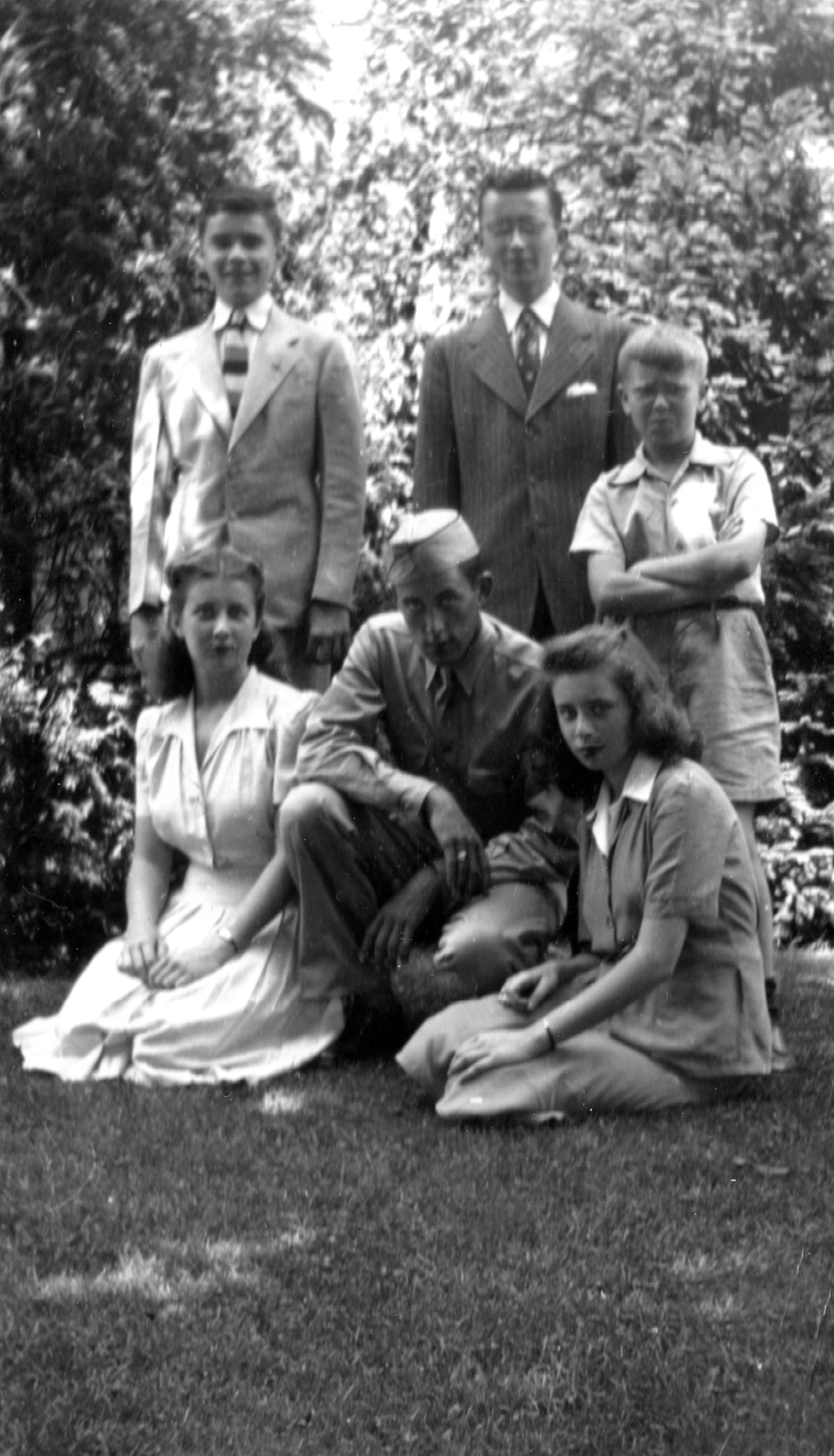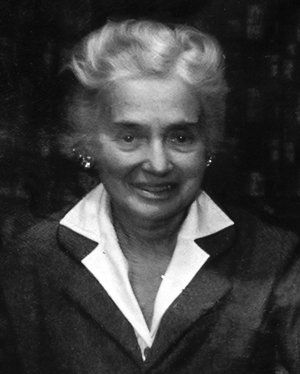Howard Jr.'s Letter to Uncle SI

July 15, 1985
Si Locher, Esq .
Locher, Locher & Strittmatter
Monticello, Iowa
Dear Uncle Si :
Linda and I had a marvelous 4th of July weekend at the Hawkins Farm with my parents, Dick and Virginia, Rosemary and Aunt Ag. We sorely missed your company. I in particular had no one to drink Bourbon with over the bridge table and while I manfully attempted to make large quantities of eggs and bacon every morning, I was just about the only one who wanted to eat it all.
I had not been to the Farm in nine years. While a great deal has changed, much remains the same. The weather was absolutely beautiful, with the cool and strong breezes of early summer blowing across the cornfields and pushing the thin cotton curtains in Grandfather's living room out to a forty-five degree angle like banners. Few things are more restful than to sit in the kitchen or in that room and watch the breezes blow through the house. They certainly are those same cool summer breezes Aunt Esther wrote of in her poem.
Linda and I and Aunt Ag spent a great deal of time on the swing chair on the front porch looking at the Links' soybeans blow in the wind with the light shining off their green leaves so as to look like a green sea.
Jim Fagan honored us with his company on several occasions. As you may know, the big topic this summer is not tile but the ditch. My Father and I were impressed when Jim Fagan presented his lawyer's winning brief from a case concerning the ditch Jim had taken all the way to the Indiana Supreme Court in the late 1950's, allegedly with the support of Grandfather, even more impressed when Jim said he had won the appeal. We were less enthused when we thereafter found that after obtaining the reversal from the Supreme Court on technical grounds, Jim's trial lawyer told him that in light of the judge to whom the case had been assigned, there was no point in going forward and they dropped the case.
Thus the dispute with the Woods and others over whether to clear the ditch, and dig it down two feet, and how much it should be dug and who should pay, and on whose side whose interest lie, is at least 27 years old and the controversy seems to be coming to the fore again now only because Jim Fagan wants to farm 25 acres he claims he otherwise cannot cultivate profitably.
We all spent a lot of time hoping for rain. There had been none in three weeks, although the crop is looking extremely good and in many places the corn is four feet high.
I must report though the cardinal sin committed by unnamed farm hands who spread the week killer this spring. In an attempt to avoid hitting the telephone poles and the Woods' fence they missed the grass along the road and the Woods' property line. As a result, the corn there is shorter than in the midst of the fields. I thought Grandfather had long ago laid down the law that the corn along the road gets the best attention and the most fertilizer, for obvious reasons.
We had a grand 4th of July dinner with my parents, Rosemary, Linda, Aunt Ag, and Dick and Virginia. At the end of the meal I read aloud your recent letter to your family, copied to Ag. I marveled once again at your eloquence with pen and the vigor and spirit of optimism with which you look to the future and on the whole world. We missed you that night.
I did get my father and his older sister to play bridge twice. Aunt Ag showed immense skill at negotiating herself through extremely difficult contracts in which my father had placed her. We got in a few hands, not enough, but it was clear that my spouse and I were playing with a couple of real Indiana sharpies. It was great to see Aunt Ag so active, so talkative and so willing to talk about Grandfather and the life on the farm. I told my Father that his memories and Ag's should be made the subject of an oral history.
The weekend involved also a visit to Kokomo to inspect the steel mill and the new caster at Continental Steel, the obligatory visit to Bill Fox's farm to inspect his corn (growing well, not quite as well as the soybean; a couple of acres wiped out by a sandstorm at the beginning of the season). Linda was fascinated by Bill Fox's herd of hogs. There were at least thirty piglets born within the last two weeks. In talking about his hogs to Linda, I heard Bill Fox say more in the space of one-half hour than I believe I have ever heard him say before altogether.
Dick and Virginia, my Mother, Linda, Rosemary and I picked pounds and pounds of blueberries at a farm between Pulaski and Francesville. We stopped at the cemetery to pay our respects to Grandfather and Grandmother, to John, Rose, and the two little girls. That day, like most every day, was bright and the sky was blue and the breezes pushed the white clouds across the sky. As I stood on that mound I thought how I had learned more that weekend about my Grandfather's family and the lives of his children than I have ever heard or at least retained before.
There were long walks in the morning, quiet walks at night, and long sits on the front porch. As Aunt Ag said at one point, I do not think there is a more peaceful place in the world.
Sincerely,
Howard R. Hawkins, Jr.
cc: H. R. Hawkins
Mrs. K. Cook








